Blog

Switching Your Drug of Choice: An Addiction Specialist’s Perspective
One of the most misunderstood aspects of addiction is the phenomenon of switching your drug of choice. Many people in recovery believe that if they stop using one substance—say alcohol—and replace it with another—like cannabis, stimulants, or even compulsive behaviors such as gambling or sex—they’re still making progress. In reality, this is often just addiction in disguise.

The Power of Humility in Early Recovery: Why Less Is More
Recovery is not a sprint—it’s a slow, deliberate walk back to yourself. In the early stages, it’s tempting to believe that now that the substance is gone, life should resume at full speed. But here’s the truth: early recovery is sacred ground. It’s where the foundation is laid, and humility is the cornerstone.

The Highs and Lows of Early Sobriety: Managing Stress and Over-Excitement
Early sobriety is a fragile, powerful time. For many, it feels like waking up after years of emotional numbness. Suddenly, everything is louder—joy, fear, hope, anxiety. But here’s the paradox: both stress and over-excitement can be dangerous in early recovery. As an addiction specialist, I’ve seen how these emotional extremes can trigger relapse if not understood and managed.
Let’s explore why this happens—and how to stay grounded while rebuilding your life.

Early Sobriety and Social Triggers: Why Sporting Events and Parties Can Be Dangerous—and How to Stay Safe
Early recovery is a fragile, powerful time. You’ve made the courageous decision to step away from alcohol or drugs, and you’re beginning to rebuild your life. But then comes the invitation: a birthday party, a wedding, a sporting event. It sounds harmless—fun, even. But for someone with Alcohol Use Disorder (AUD) or Substance Use Disorder (SUD), these environments can be emotional minefields.
As an addiction specialist, I’ve seen countless people relapse not because they didn’t care about their recovery—but because they underestimated the power of triggers in social settings. Let’s talk about why these situations are risky, and more importantly, how to protect your sobriety when the pressure hits.

Never Give Up: Why Healing Is Still Possible After Relapse
Relapse. It’s a word that carries weight, shame, and often a sense of defeat. But here’s the truth that doesn’t get said enough: relapse is not the end of your recovery—it’s part of the journey. And if you’ve found yourself back in the cycle, again and again, I want you to know this: you are not broken, and you are not alone.
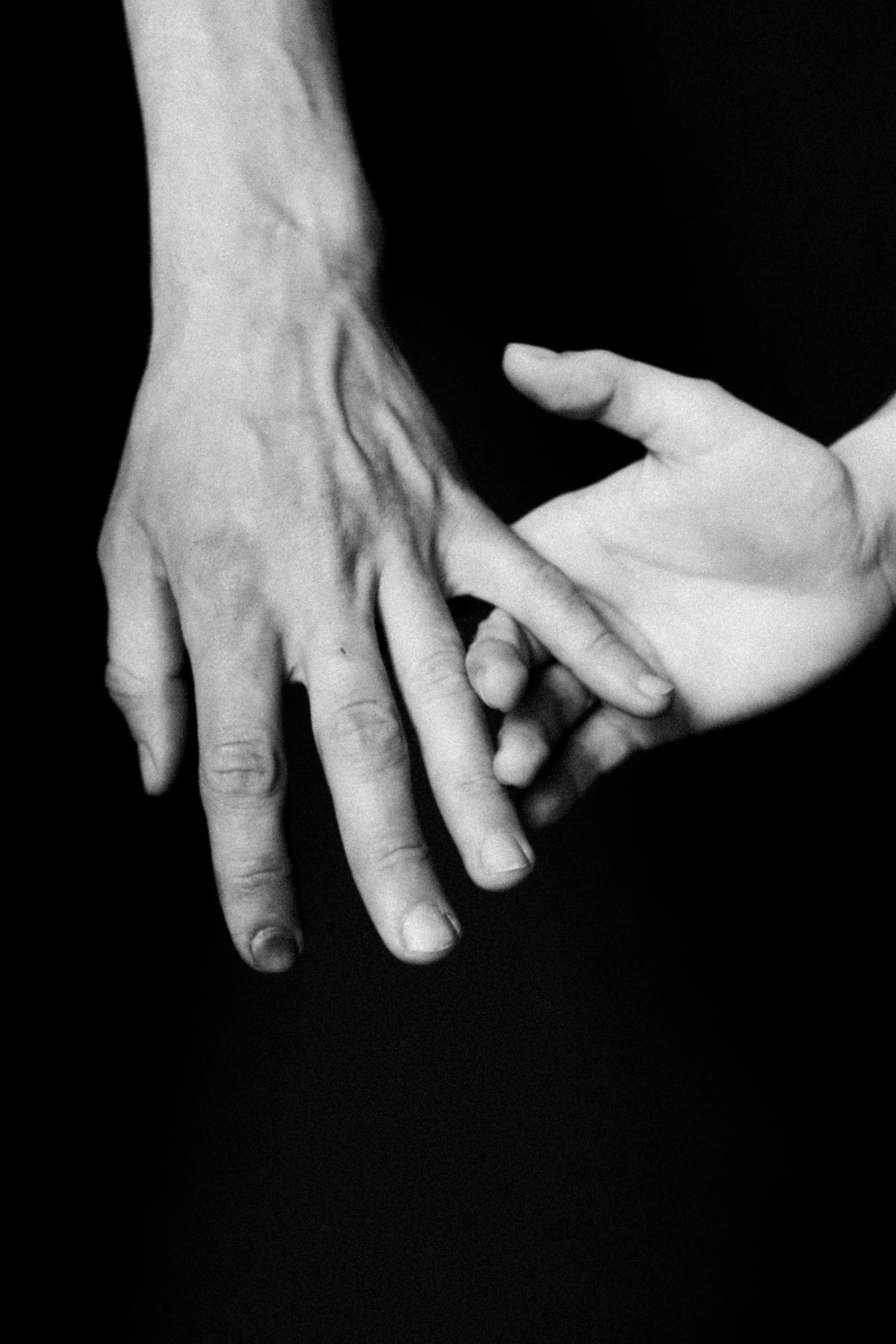
When Someone You Love Is Struggling with Addiction: Where You Can Find Help Too
Addiction doesn’t just affect the person using—it ripples outward, touching everyone close to them. If you’re the parent, partner, sibling, or friend of someone battling addiction, you know the pain intimately. The sleepless nights. The fear. The anger. The helplessness. You may feel like you’re drowning in someone else’s chaos, unsure where to turn or how to help.
Let me say this clearly: you deserve support too. Your healing matters. And there are resources, communities, and professionals ready to walk beside you.
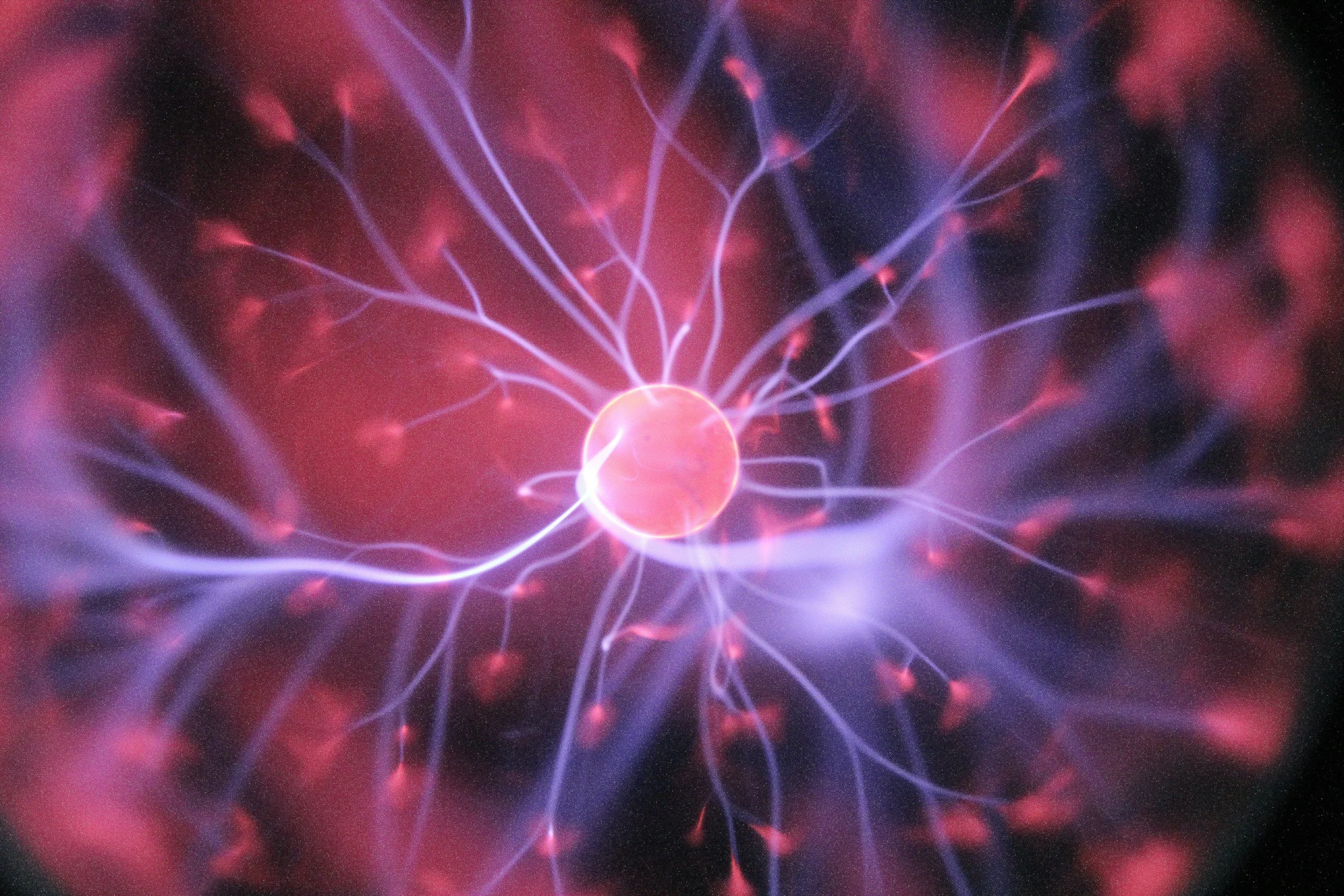
Cocaine Abuse: How It Hijacks the Brain—and How You Can Reclaim Your Life
Cocaine is seductive. It promises energy, confidence, and euphoria—but what it delivers over time is devastation. As an addiction specialist, I’ve seen how cocaine abuse rewires the brain, erodes emotional stability, and traps people in a cycle of craving and regret. But I’ve also seen something else: recovery. Real, lasting, life-changing recovery.
If you or someone you love is struggling with cocaine addiction, know this—healing is possible. The brain can recover. The spirit can reignite. And life can flourish again.

“I’ll Just Control It Today and Stop Tomorrow”: The Lie Addiction Loves
If you’ve ever struggled with alcohol or substance use—or loved someone who has—you’ve likely heard this phrase:
“I’ll just control it today. I’ll stop tomorrow.”
It sounds rational. It sounds hopeful. But as an addiction specialist, I can tell you: this thought is not a plan. It’s a trap.
This mindset is one of the most insidious cognitive distortions in addiction. It masquerades as self-control, but it’s actually the voice of denial, bargaining, and fear. Let’s unpack why this thinking is so dangerous—and how to break free from it.
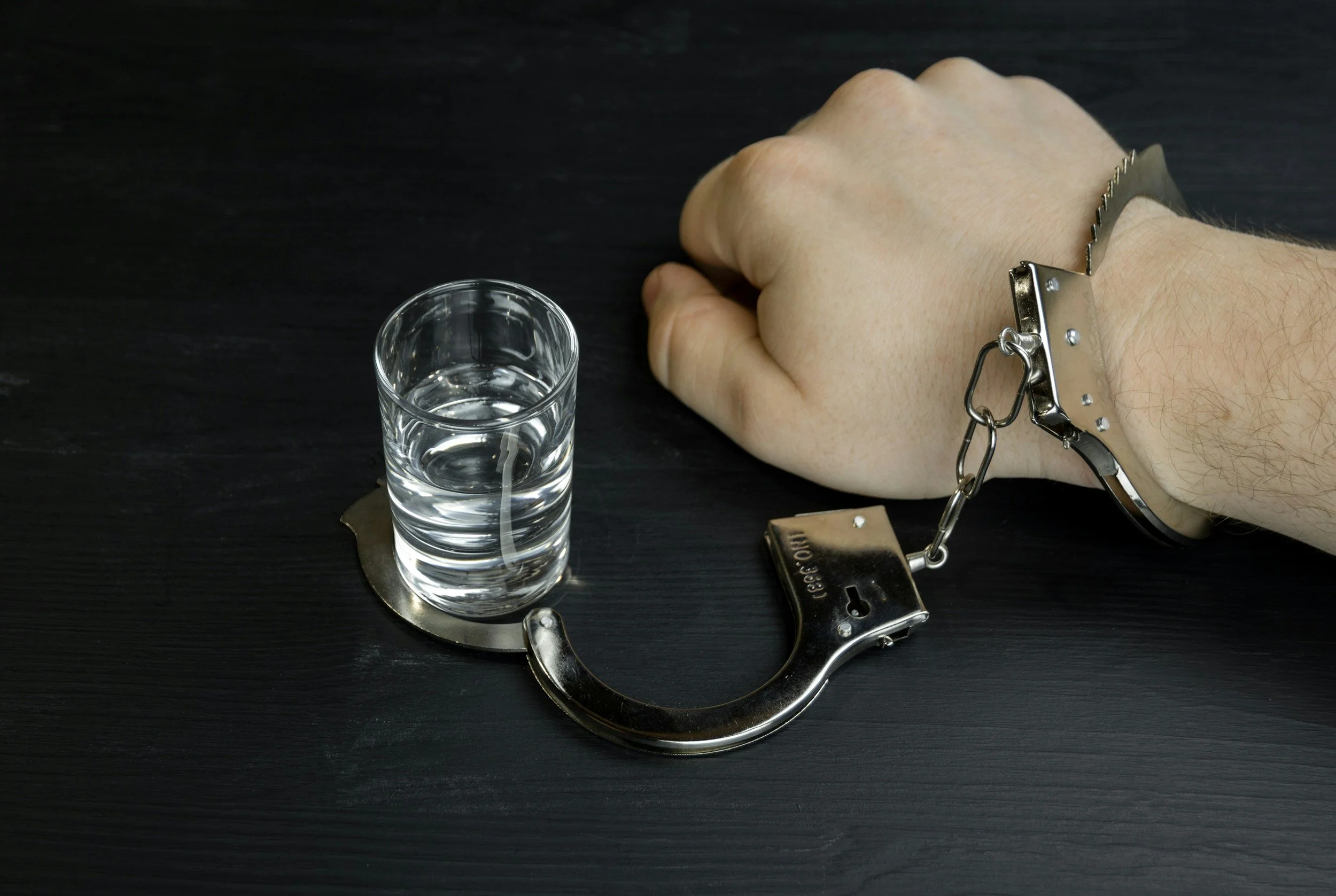
When Is the Right Time to Go to Detox?
If you’re reading this, chances are you—or someone you love—has tried to quit using substances more than once. Maybe you’ve promised yourself it was the last time. Maybe you’ve flushed pills, poured out bottles, or deleted dealer contacts. And maybe, despite your best intentions, you’ve found yourself right back where you started.
Let me say this clearly: you are not weak. You are not broken. You are human.
But if the cycle keeps repeating, it may be time to stop trying to do this alone—and start considering detox.

Ketamine Addiction: Reclaiming the Mind, Body, and Spirit
Ketamine was once known primarily as an anesthetic. Today, it’s a drug with a dual identity—used therapeutically in clinical settings for treatment-resistant depression, but also misused recreationally for its dissociative and hallucinogenic effects. When ketamine use becomes chronic and compulsive, it can devastate every dimension of a person’s life: mind, body, and spirit.
As an addiction specialist, I’ve seen firsthand how ketamine addiction can quietly unravel someone’s sense of self. But I’ve also seen people rebuild—stronger, wiser, and more connected than ever before.
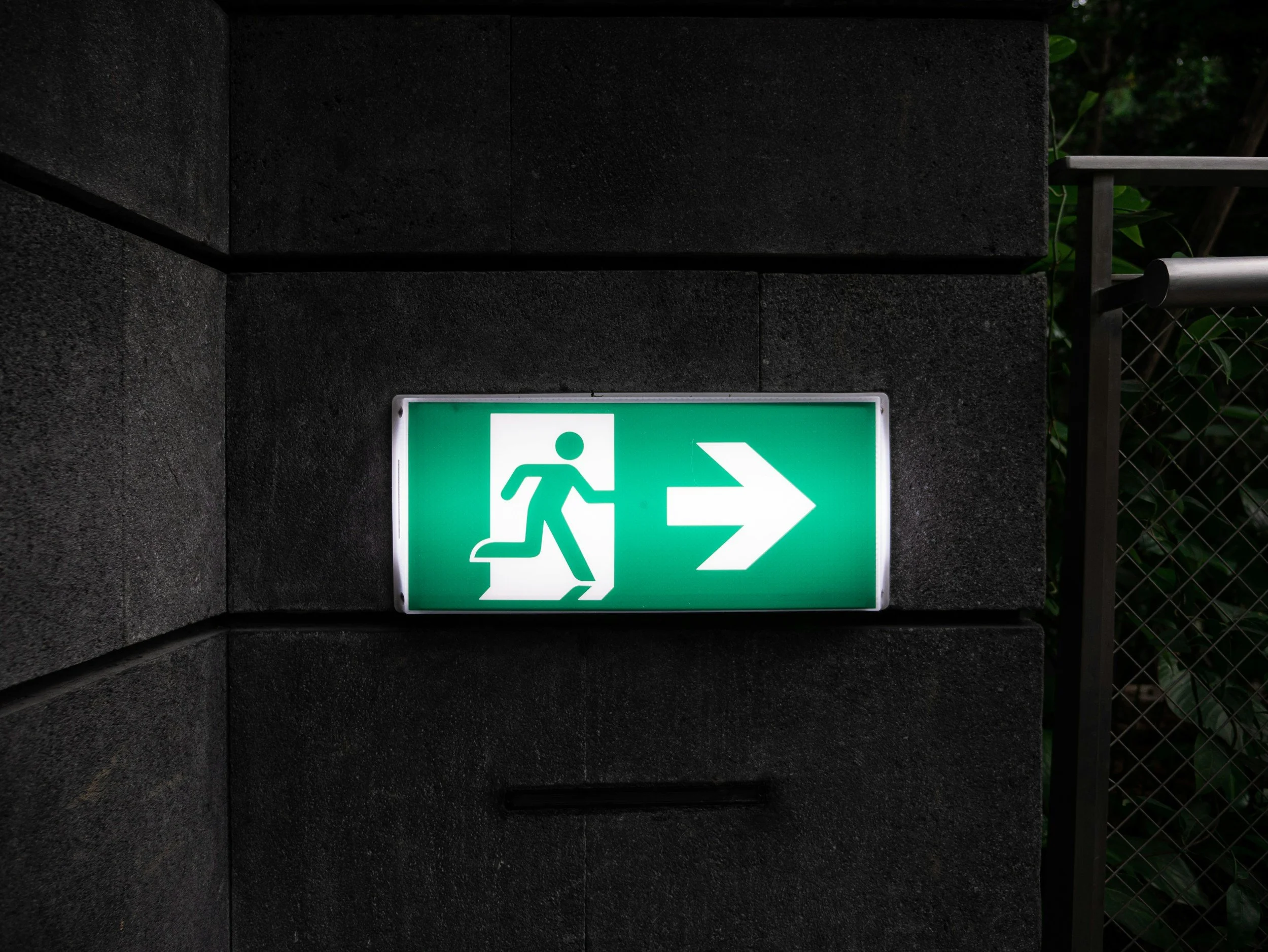
Consequences: The Wake-Up Call That Saves Lives
In the world of addiction—whether it’s substances like alcohol or cocaine, or behavioral compulsions like gambling, sex, or shopping—there’s one truth that often cuts through denial faster than any therapy session or heartfelt plea: consequences. As an addiction specialist, I’ve seen countless individuals hit a wall they never saw coming. And while it may feel cruel or catastrophic at the time, that wall often becomes the turning point—the moment they finally wake up.
Let’s talk about why consequences matter, how they work, and how they can be harnessed to support recovery.

Family Guide to Ketamine Addiction: Understanding, Supporting, and Healing
Ketamine addiction is a growing concern, especially among young adults and those seeking escape from emotional pain. While ketamine has legitimate medical uses, chronic misuse can lead to serious physical, psychological, and spiritual damage. Families play a vital role in recognizing the signs, initiating help, and supporting recovery.

Chronic Marijuana Use & Binge Drinking: A Dangerous Duo
As an addiction specialist, I’ve worked with countless individuals who believed marijuana was harmless—“just a plant,” “not addictive,” or “better than alcohol.” While it’s true that marijuana doesn’t carry the same overdose risk as opioids or alcohol, chronic daily use can quietly erode physical, mental, and emotional health. And when binge drinking enters the picture, the consequences can compound in ways that are often underestimated.
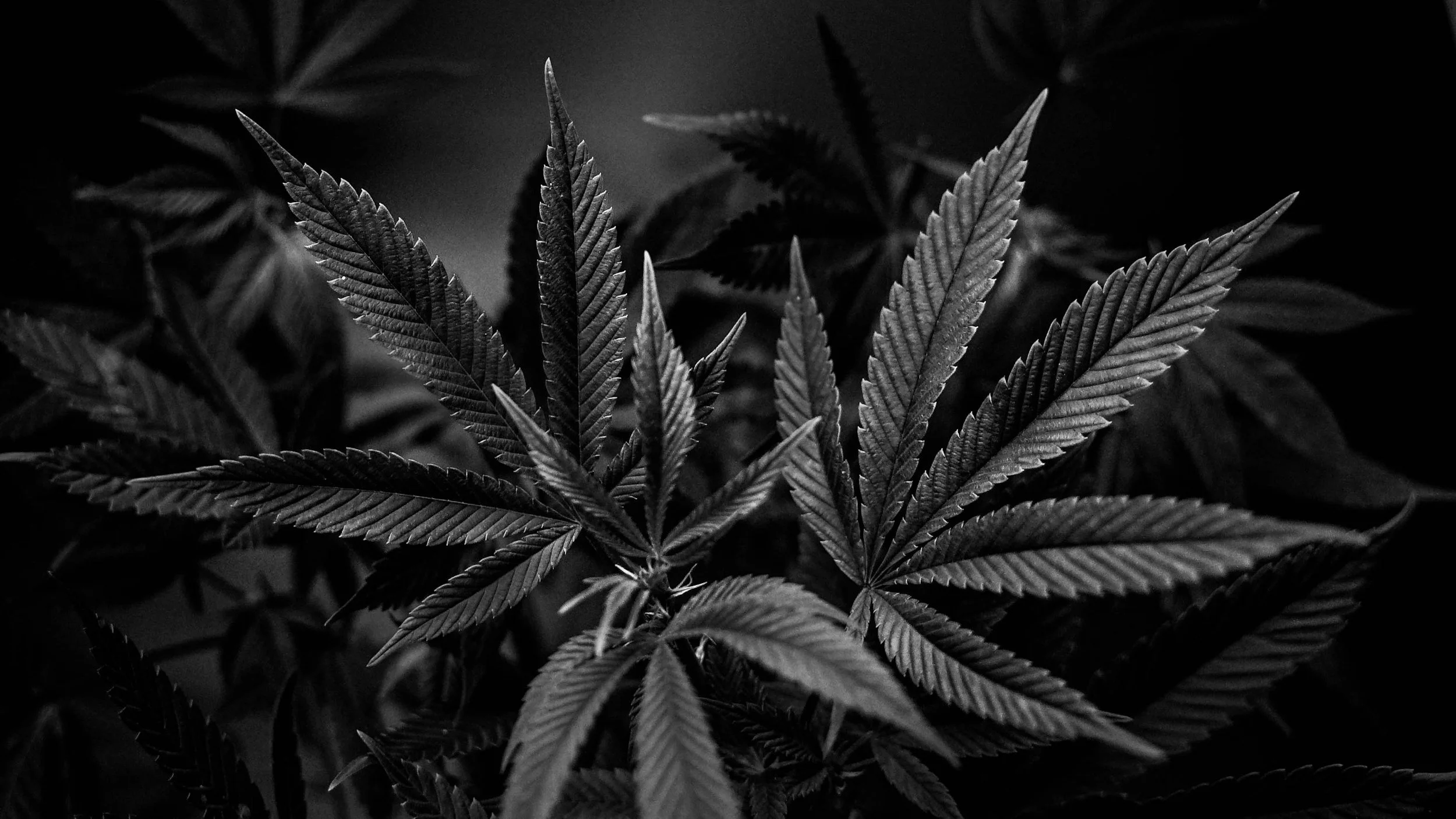
The Marijuana Misconception: Yes, It Can Be Addictive
When people think of addiction, they often picture alcohol, opioids, or stimulants. Marijuana rarely tops that list—and that’s exactly the problem.
For years, cultural narratives have painted cannabis as “safe,” “natural,” or “non-habit forming.” But as someone who’s worked closely with individuals whose lives were upended by marijuana dependence, I can confidently say: this belief needs a serious reality check.
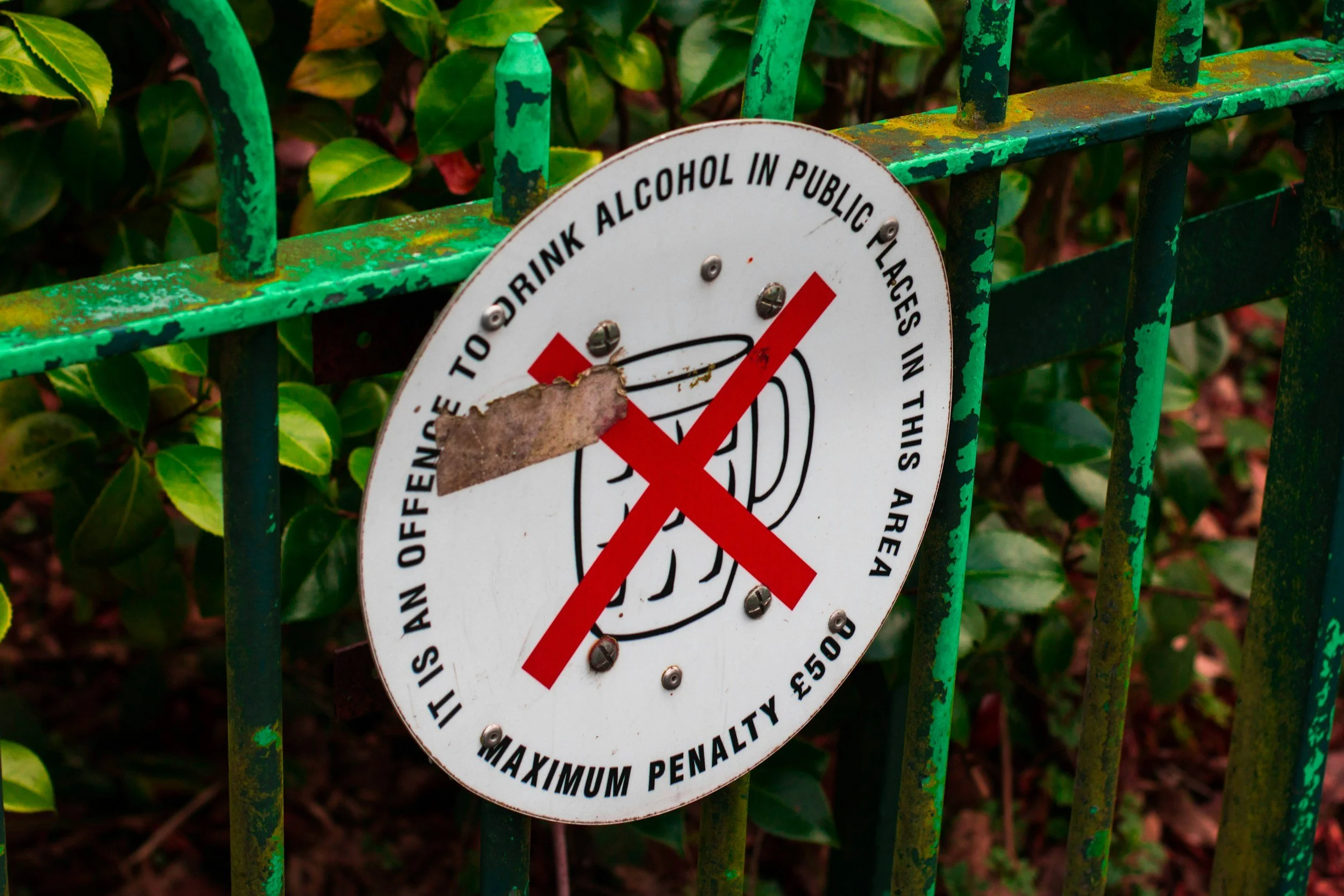
Why Abstinence Is the Only Cure for Chronic Addiction—And Why Addicts Struggle to See It
Addiction doesn’t whisper—it deceives. It clouds judgment, numbs emotions, and convinces the afflicted that they’re in control when control is long gone. For those suffering from chronic addiction—whether to substances or behaviours—abstinence isn’t just a lifestyle choice. It’s a life-saving imperative.
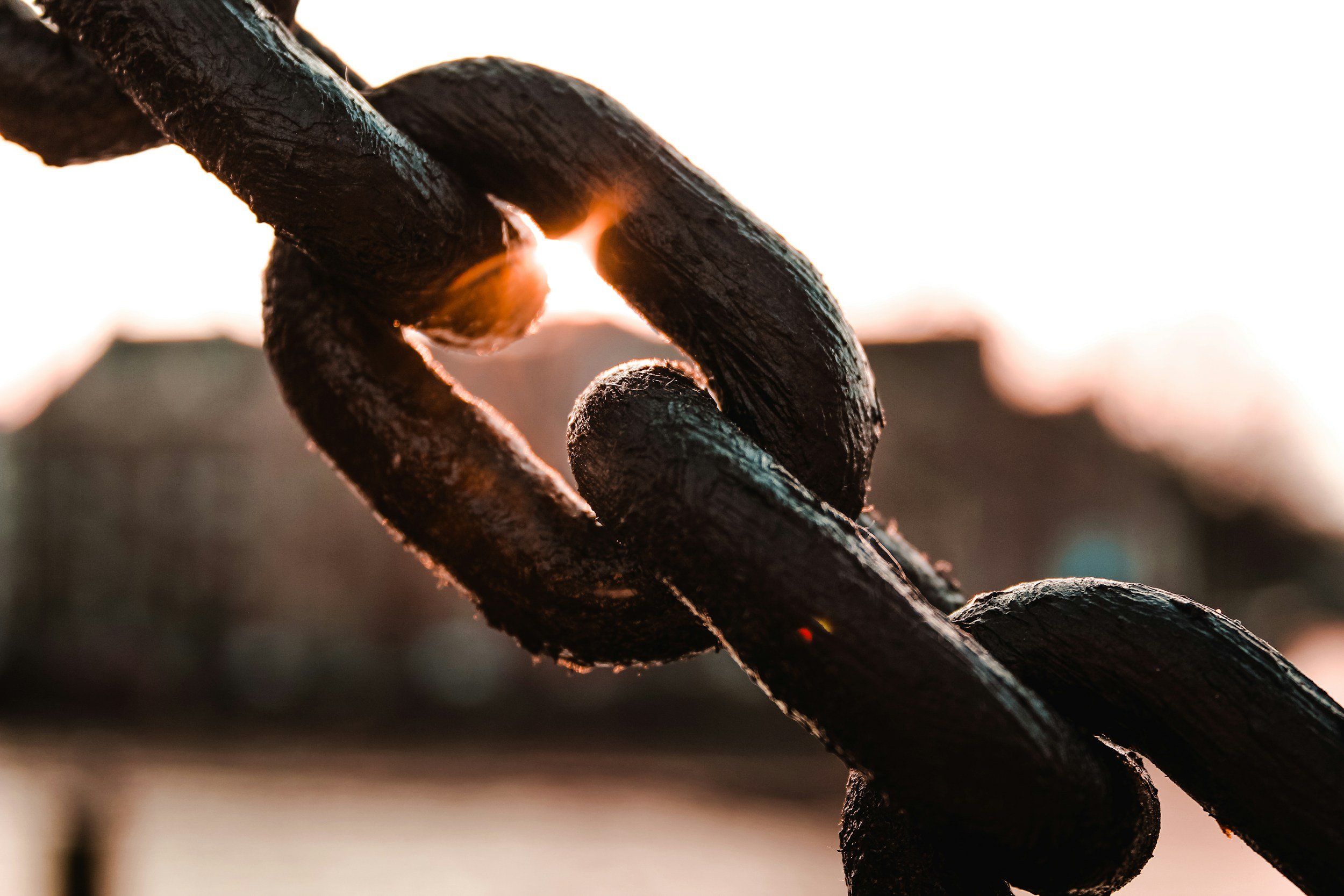
When Love Hurts: Breaking the Chains of Co-Dependency in Addiction
Addiction is not simply a matter of poor choices or moral failing. It is a progressive, life-threatening disease that hijacks brain chemistry, distorts reality, and robs people of their willpower, relationships, and often—tragically—their lives. When someone we love is drowning in substance or behavioural addiction, our first instinct is to throw them a lifeline made of compassion, protection, and unconditional support. But sometimes, that very lifeline can become a chain.

Beyond Abstinence: A Holistic Path to Healing from Addiction
Abstinence from alcohol, drugs, or destructive behaviors is a powerful and courageous step—but it’s not the final destination. Addiction is not just a physical habit that disappears with detox and 30 days of sobriety. It is a bio-psycho-social-spiritual illness that requires ongoing care, reflection, and reinvention. As an addiction specialist, I’ve seen countless individuals stop using substances only to find themselves overwhelmed by unresolved emotions, unstable relationships, or a lack of purpose.

The Reality of Chronic Alcoholism: A Specialist’s Perspective on the Path to Recovery
Alcohol addiction is a slow but relentless disease. What begins as casual drinking can spiral into full-blown dependency, creating physical, emotional, and social devastation. Chronic alcoholism is not just about the loss of control—it is a progressive condition that, if left untreated, leads to severe health consequences, and ultimately, death. Understanding the trajectory of alcoholism, its fatal consequences, and the hope for recovery is essential for anyone caught in its grip.

When Alcohol or Drugs No Longer Work: Finding a Way Out of Addiction
For many who struggle with addiction, alcohol or mind-altering substances start as an escape—a way to numb pain, relieve stress, or find temporary relief from life's challenges. At first, these substances may seem to "work," delivering the desired effect. But over time, something changes. The relief fades, the symptoms persist, and instead of providing comfort, the substance begins to work against you. This turning point is both terrifying and clarifying—it’s the moment when addiction reveals its true nature.

Counselling and Accountability in Early Sobriety: Keys to Lasting Recovery
Early sobriety—whether from substance addiction or behavioral compulsions—is one of the most challenging phases of recovery. Without the crutch of the addictive behavior, individuals face emotions they’ve suppressed, life changes they hadn’t anticipated, and the ever-present risk of relapse. This is why counselling and accountability play a crucial role in stabilizing and strengthening recovery. As an addiction specialist, I want to highlight the importance of professional guidance and structured support in these critical first steps.
